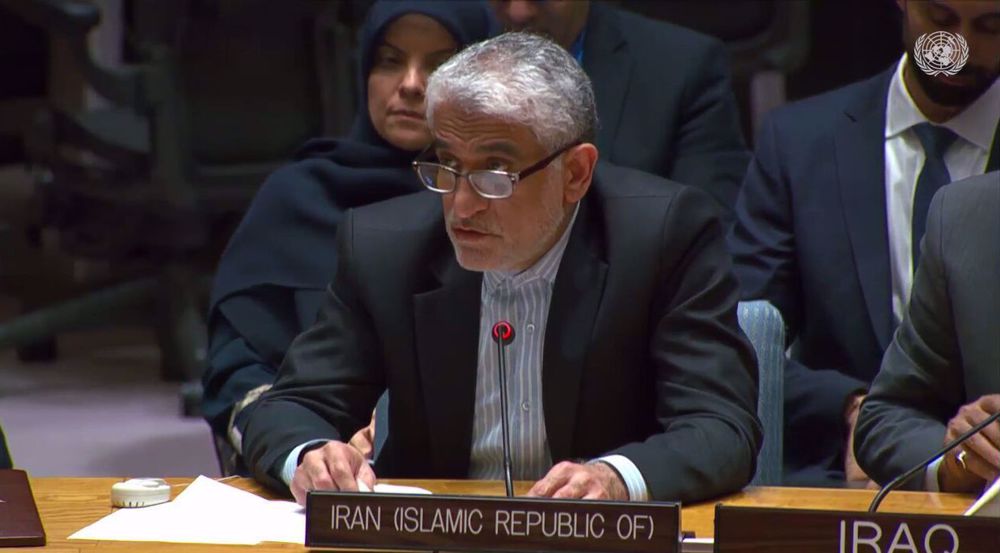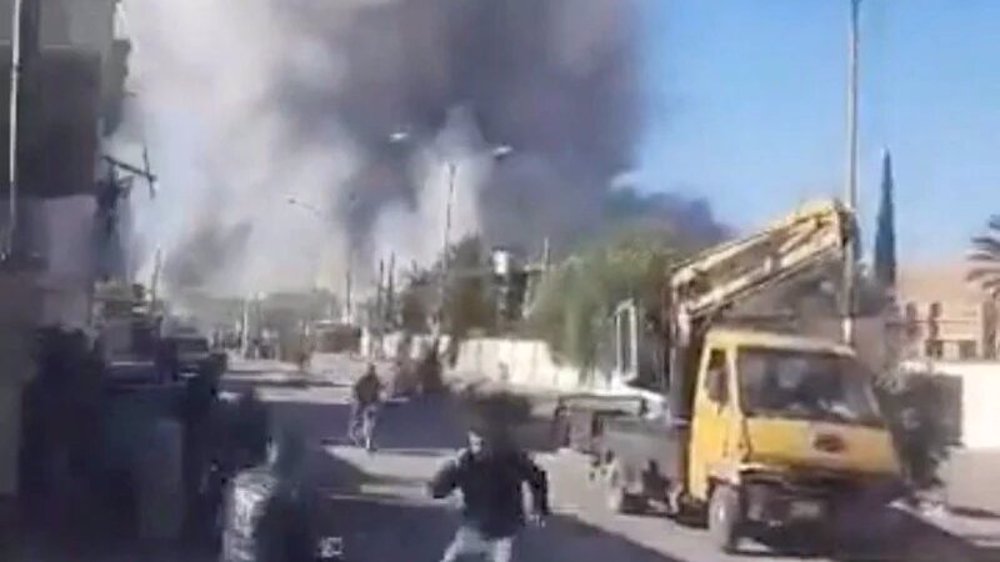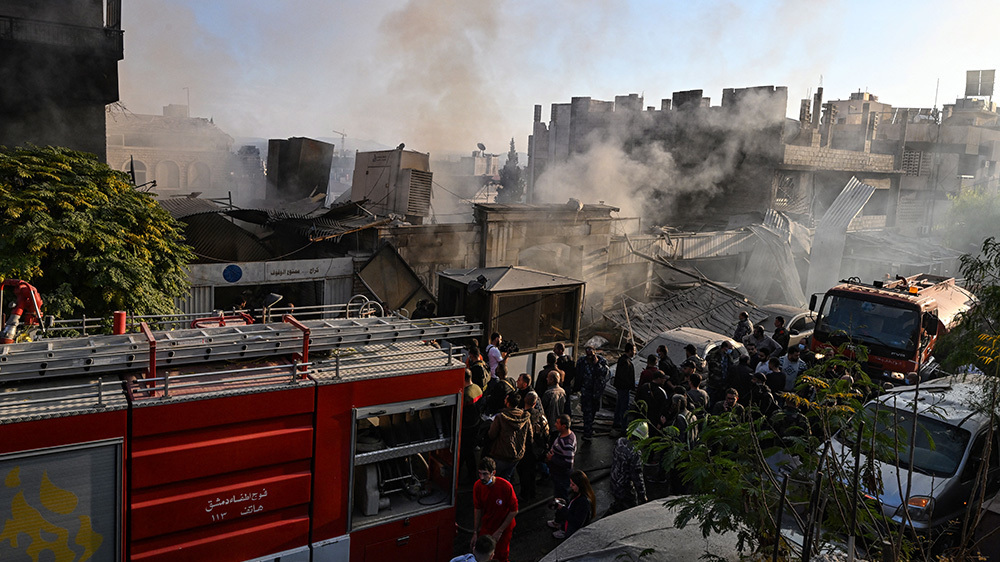Russia proposes corridors to allow aid into Aleppo: UN
The United Nations says Russia has proposed setting up four humanitarian corridors to militant-held eastern Aleppo in a bid to let in aid and facilitate evacuations from the battered Syrian city.
“The Russian Federation announced that ... they want to sit down in Aleppo with our people there to discuss how we can use the four corridors to evacuate people out,” Jan Egeland, the UN Syria humanitarian advisor, said in the Swiss city of Geneva on Thursday.
Egeland further estimated that at least 400 injured people are in need of urgent medical evacuation, adding that talks will be held on using “these corridors to get medical supplies and food in.”
By Wednesday, some 18,000 people had entered Aleppo’s government-controlled areas while about 8,500 had crossed into Sheikh Maqsoud, a Kurdish-held Aleppo district, the UN official said.
He also warned that the UN had access to the government- and Kurdish-held areas, but still could not reach people trapped in eastern Aleppo.

The UN has enough food stored in western Aleppo to feed 150,000 people in the east, Egeland further pointed out.
“There are no more vulnerable people on earth probably than the civilian population in Aleppo,” he concluded.
Additionally, UN Special Envoy for Syria Staffan de Mistura stressed that a humanitarian pause in Syria remained a priority of the world body.
Over the past few days, about 30,000 people have received aid after fleeing eastern Aleppo, taking the total number of displaced people in the city to over 400,000, he said.
The UN envoy also called on members of the Jabhat Fateh al-Sham terrorist group, formerly known as al-Nusra Front, to leave Aleppo in a bid to help save lives and strengthen the argument for a ceasefire.
ICRC in talks with Damascus over displaced people
In another development on Thursday, the International Committee of the Red Cross (ICRC) announced that it was discussing with the Syrian government the issue of gaining access to people fleeing eastern Aleppo.
Dominik Stillhart, director of ICRC operations worldwide, said the Geneva-based humanitarian institution was in touch with all sides to be able to deliver supplies to trapped civilians and to evacuate the wounded.
“We are of course trying to get access to these screening facilities and screening centers. In Syria we also have access to a number of places of detention,” Stillhart said in an interview with Reuters.
Israel kills 5 more paramedics in southern Lebanon: Health ministry
Iran to launch ‘new, advanced’ centrifuges in response to IAEA resolution: AEOI
Yemen fires hypersonic missile at Israeli airbase
VIDEO | New Delhi chokes under toxic smog as air quality remains at hazardous levels
VIDEO | Press TV's news headlines
VIDEO | ICC's arrest warrant for Netanyahu to worry Western politicians: Former British diplomat
Iranians protest against Israel after Netanyahu ICC warrant
Germany undecided on complying with ICC arrest warrants for Israeli war criminals














 This makes it easy to access the Press TV website
This makes it easy to access the Press TV website